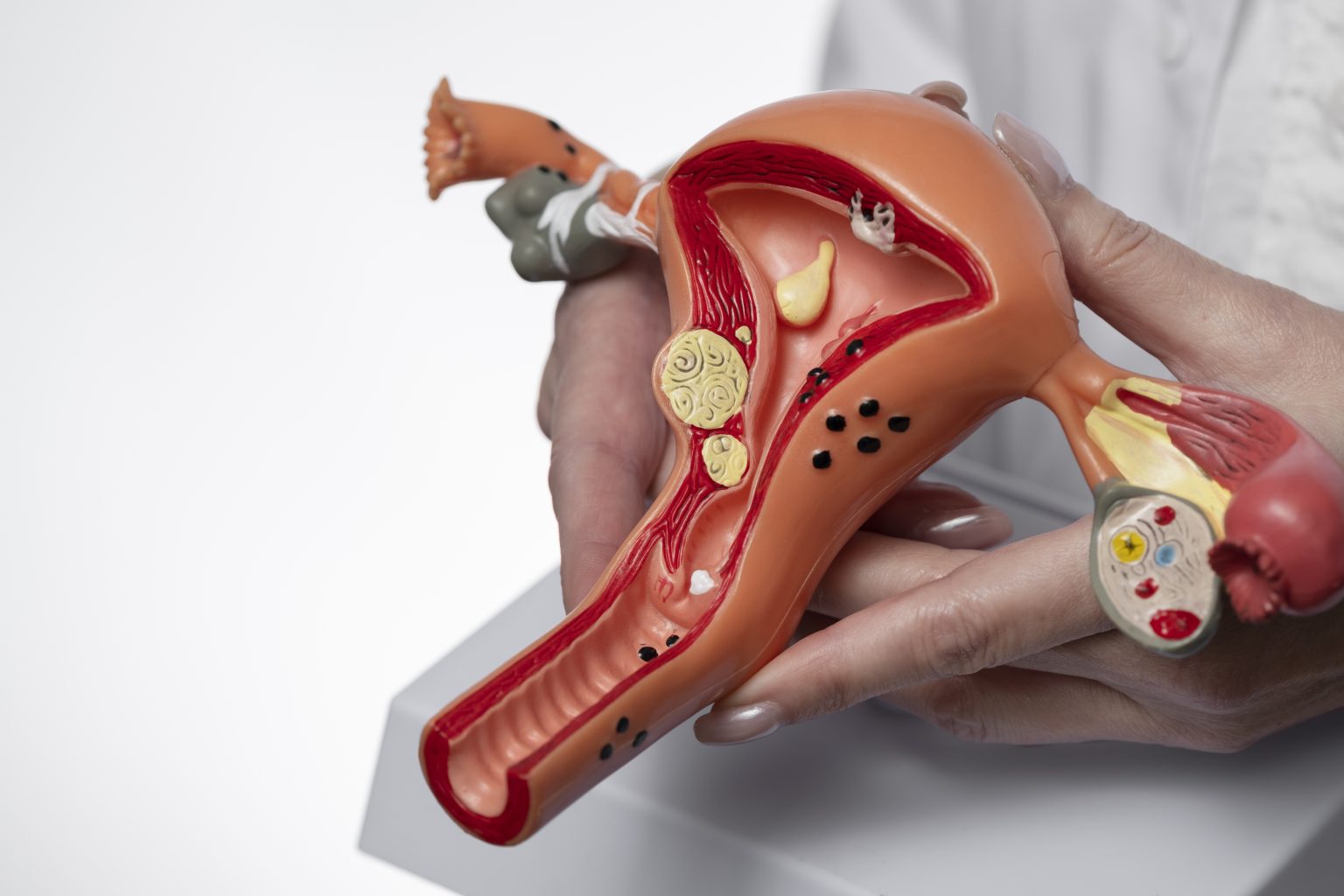While birth control pills are often prescribed to “regulate” menstrual cycles, experts and patients say they do little to address the root causes of Polycystic Ovarian Syndrome (PCOS). For many women, this quick fix hides years of hormonal imbalance, misdiagnosis, and emotional exhaustion.
Polycystic Ovarian Syndrome (PCOS) is one of the most common hormonal disorders among women of reproductive age, yet it remains widely misunderstood. It affects how the ovaries work, often leading to irregular periods, excess male hormones, and multiple cysts.
Beyond these, PCOS can cause fatigue, anxiety, and depression. These are symptoms that many women silently battle for years. Despite this, many doctors treat it purely as a reproductive issue, leaving young women confused about their bodies and constantly worried about fertility.

For many women, visits to the gynaecologist for irregular periods, weight gain, or acne end with the same prescription: birth control pills. The pills are presented as an easy fix, often described as something that will “regulate everything.” But for those living with PCOS, this quick solution usually masks deeper hormonal issues that require proper attention, not suppression.
According to Dr Tonade Dorcas, a medical expert who works at Tuttismile Clinic, birth control pills are often prescribed because they can help regulate menstrual cycles, reduce acne and excessive hair growth, and protect the uterus. “They’re effective in managing symptoms and preventing complications, which explains their popularity,” she says. “But they don’t treat the underlying cause of PCOS. Once the pills are stopped, symptoms often return.”
A search for answers
“I got my period at nine and bled for more than two months,” Fareedah Afolabi shared. Fareedah, who lived for over ten years without a proper diagnosis, added, “They filled me with birth control as a child, which made me gain weight and [become] depressed uncontrollably.” She recalls how doctors brushed off her concerns, advising her to “get married early” so she could get pregnant before it became “too late.”
Like many women, Fareedah was made to believe her condition existed only in relation to fertility. This misconception continues to harm women’s understanding of their own health.
Such experiences are not peculiar to Nigeria. Around the world, women with PCOS share similar stories of being dismissed or misdiagnosed. The syndrome affects an estimated one in ten women globally, but its exact causes are still not fully understood. One thing, however, is clear: PCOS is not just about irregular periods or infertility; it is a complex endocrine disorder that affects the entire body.
Dr Dorcas explains that one major challenge is early diagnosis. “PCOS symptoms vary widely among individuals,” she says. “In adolescents, hormonal changes can make diagnosis tricky, and many doctors hesitate to label young girls with a chronic condition.” She adds that limited awareness among healthcare providers and overlapping symptoms with other conditions also delay proper care.
“I began to research my symptoms myself,” Fareedah explains. “I stumbled on PCOS online, and everything finally made sense. I also realised that medical misogyny was a universal problem. Women everywhere are being dismissed or given pills instead of proper care.” Her frustration eventually turned into advocacy. She began sharing her story online, and to her surprise, hundreds of women reached out with similar experiences.
The fight to be heard
Today, Fareedah runs a community of more than 1,000 women with PCOS, providing support, sharing credible information, and helping them feel seen. “PCOS transcends reproduction,” she says. “It’s important to take care of yourself and your mental health before you start worrying about babies. You can definitely get pregnant with PCOS, but that shouldn’t be the only focus.”
Her story reflects a larger issue: the way women’s health is often reduced to fertility. The notion that regulating periods or enabling pregnancy equals treatment is outdated and damaging. Women deserve explanations, not silence; personalised care, not one-size-fits-all prescriptions.
Ultimately, birth control pills can be helpful for symptom management, but they are not a cure. Treating PCOS demands a more comprehensive approach that prioritises women’s wellbeing in all forms — physical, emotional, and hormonal.
For women like Fareedah, the fight is not just against a condition but against a system that too often refuses to listen. Her journey is a reminder that every woman deserves to be heard, believed, and treated with care.








